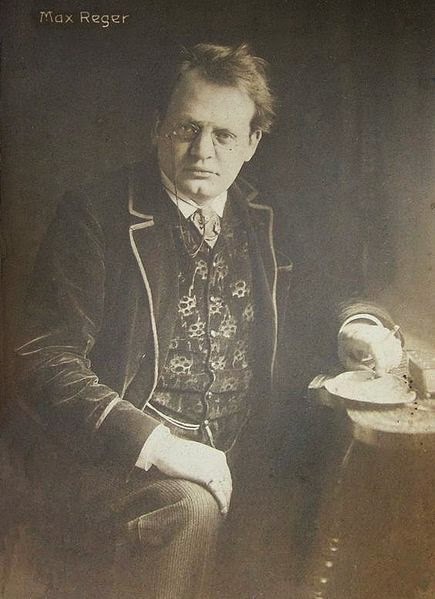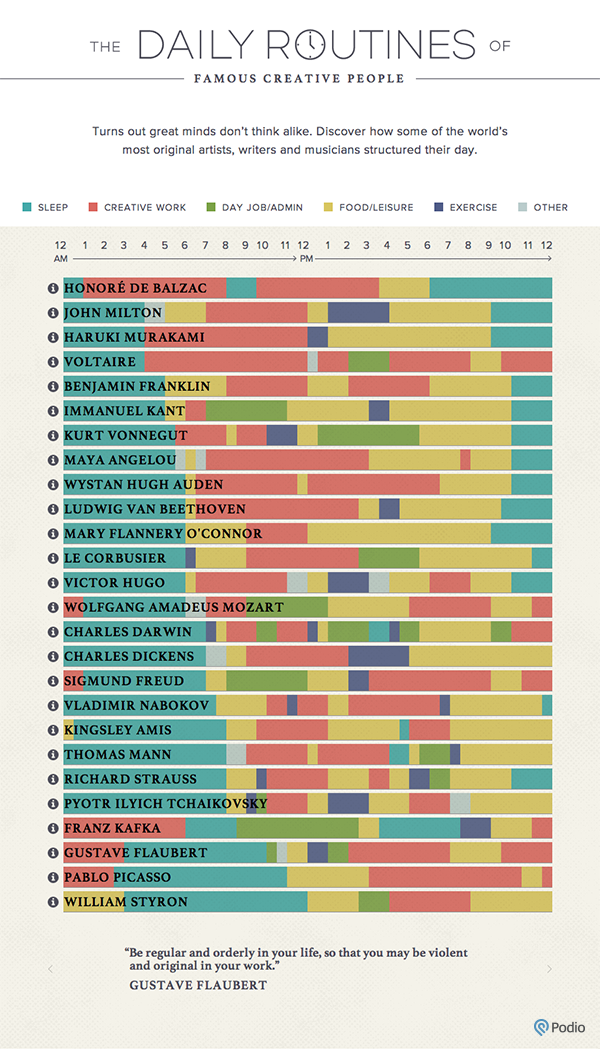By Mel Spencer
Cellists, we feel your pain. But not enough to help when you're
stuck in the ticket barriers at the station. Here are the worst things
about being you...
 1. Even the case is a joke
1. Even the case is a joke
"No, there's not a bomb in there. No it's not a guitar. Yes, I do wish I'd taken up the flute."

2. Pachelbel has it in for you
Doesn't matter how many grade exams you've passed, these eight
little notes played over and over again are the only ones you'll need.
Better start tuning those low F sharps now.

3. Transport
Does it fit in your Fiat Punto? Of course it doesn't. And good luck
trying to get it through the ticket barriers on the train. Not to worry,
there's bound to be a way to get such a dainty instrument from A to
B...
 (via reddit)4. Did we mention, transport?
(via reddit)4. Did we mention, transport?
Don't even get us started on trying to bring the thing on a plane.
Yes, you will have to buy a seat for it. No, you can't claim extra gin
'for your cello'.

5. Your instrument will almost certainly maim you
If wasn't hard enough trying to fly with the enormous chunk of
carved wood, try explaining the lethal 9-inch metal spike you're forced
to carry around at all times. Which, incidentally, will ruin all your
laminate flooring, make millions of tiny holes in your carpets, and slip
on every conceivable concert stage. Good luck with that.
(via Encyclopaedia Dramatica)
6. Concert dress
You can be as careful as you like, but you'll somehow always manage to smear sticky white rosin all over your miniskirt shorts regulation black concert trousers. There's only one way round it:

7. Thumb position
Take up the cello, they said. It doesn't sound scratchy like a
violin, they said. Until, of course, you get really good and you have to
start playing actual notes with your THUMBS.

(via
Sandygocellolessons)
8. That bit in the Fauré Elegie
Congratulations! You've graduated from
Pachelbel's
Canon and you're finally a fully-fledged cello-playing genius. Now
prepare yourself for humiliation and defeat as you fall off the
fingerboard during recitals.

(via
mrwgifs)
9. String injuries
It's pretty much 100% guaranteed that your C string WILL snap in your
face/lacerate your arms/take your eye out while you're sitting on stage
in front of everyone. Just be thankful you don't play the double bass.
 (via Instructables)
10. This guy
(via Instructables)
10. This guy
Why CHELLO THERE!
 (With ClassicFM London).
(With ClassicFM London).
 Watch
The 10 best symphonies of all time
Watch
The 10 best symphonies of all time











